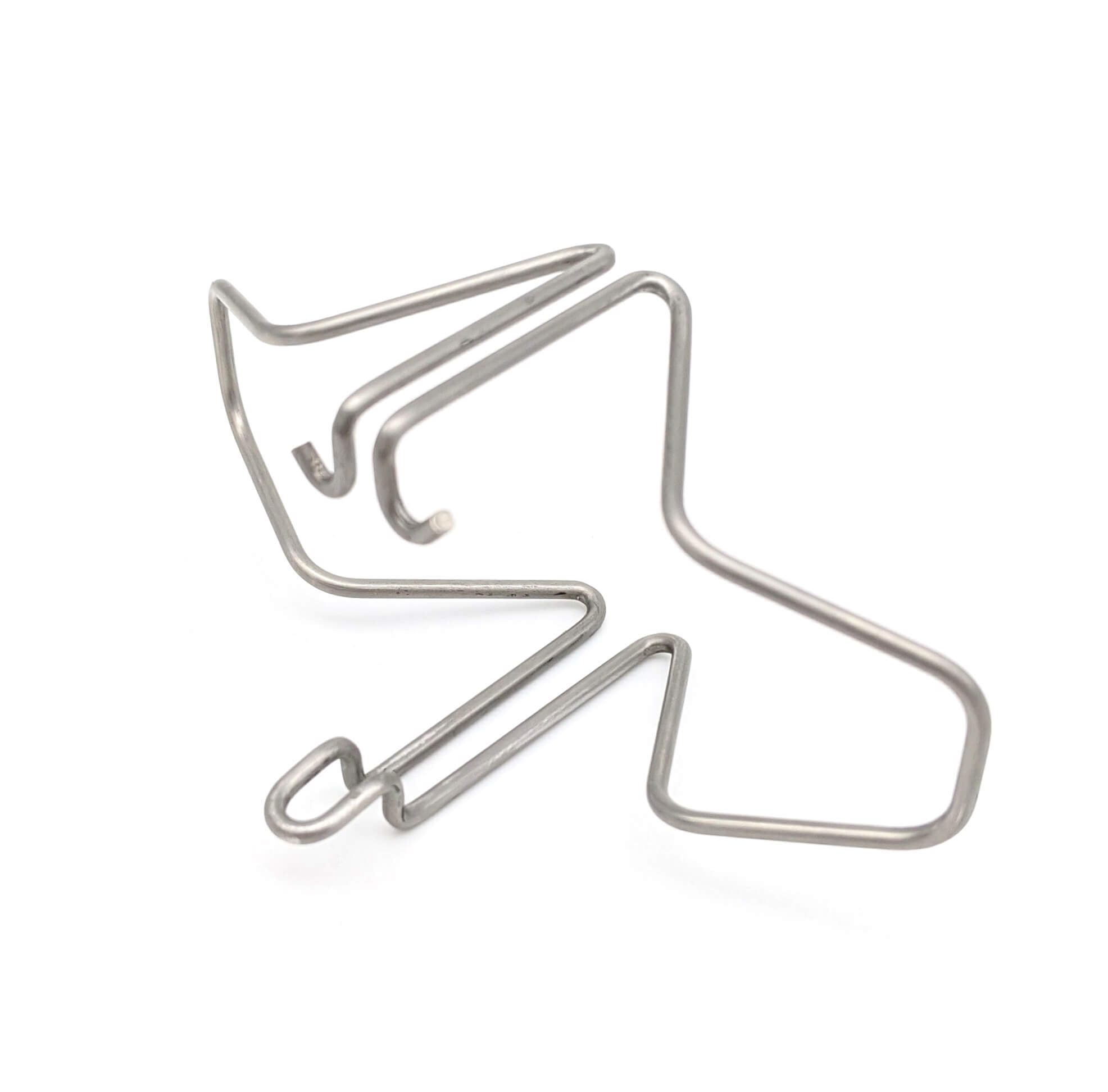Get unique, complex parts easily. No matter your requirements, Chaoyi Spring creates hard-to-produce coil springs and wire forms.
Let us help you create the custom wire form you need, from S-hooks and J-hooks to utility hooks and more.
We work closely with customers across a wide range of industries, helping them design and manufacture made-to-order parts.
Why choose Chaoyi Spring? We prioritize customer-focused collaboration, modern equipment and the latest technology to make your parts per print.
Find the information and guidance you need, from measuring a spring to learning about materials, placing an order and much more.
Choosing the right garage door spring system can feel overwhelming. Both torsion and tension springs serve the same purpose - counterbalancing your garage door's weight for smooth operation. However, they


Before diving into the specifics of each type, it's crucial to understand the fundamental role springs play in your garage door system. Imagine trying to lift your heavy garage door manually - a daunting task, right? That's where springs come in. They store mechanical energy, counteracting the door's weight and enabling smooth opening and closing, whether manually or with an opener. Choosing the correct spring system is vital for safety and efficient operation.

Torsion springs are the heavy lifters of the garage door world. You'll typically find them mounted above the garage door opening, horizontally along a metal shaft. As the door lowers, the springs wind up, storing energy. When you open the door, this stored energy unwinds, providing the necessary force to lift the door smoothly.
Advantages of Torsion Springs:
Disadvantages of Torsion Springs:
Tension springs, as their name suggests, work on the principle of tension. They are typically mounted on either side of the garage door, running parallel to the horizontal tracks. When the door closes, these springs stretch, storing energy. This stored energy assists in lifting the door when opened.
Advantages of Tension Springs:
Disadvantages of Tension Springs:
The choice between torsion and tension springs hinges on several factors, including your budget, the weight and size of your garage door, and your comfort level with professional installation.
If you prioritize durability, smoother operation, and enhanced safety, and are willing to invest in professional installation, torsion springs are likely the better choice. They are particularly well-suited for heavier, larger doors.
If budget is a primary concern and you're comfortable with a bit more DIY involvement, tension springs might be a suitable option. However, be mindful of their shorter lifespan and potential safety concerns.
Regardless of whether you opt for torsion or tension springs, professional installation and regular maintenance are paramount. Incorrectly installed garage door springs can pose serious safety hazards and may lead to premature wear and tear. Professionals have the expertise to accurately measure, balance, and install the springs, ensuring optimal performance and safety. Routine maintenance, including lubrication and inspection, can significantly extend the lifespan of your chosen spring system.
Choosing the right garage door spring system is crucial for smooth, safe, and efficient operation. By understanding the nuances of both torsion and tension springs, you can make an informed decision that best suits your specific needs and budget. Remember, prioritizing professional installation and regular maintenance will ensure long-lasting performance and peace of mind.Browse some of the custom wire forms and springs that we manufacture. Don’t see what you need? We specialize in made-to-order products that meet your application requirements.
Visit Our GalleryNeed a custom wire form or coil spring? We make it work. Fill out the contact form and a representative will respond within 1 business day. If you have a PDF or CAD file, you can submit to request a quote.